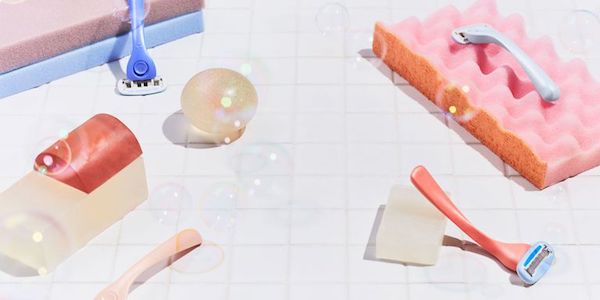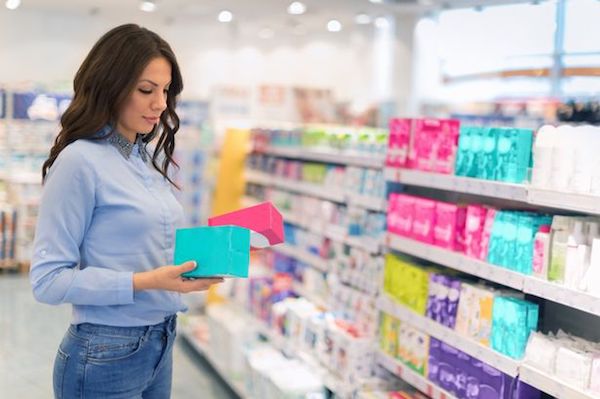On May 30th this year, Scotland announced that it will now provide free sanitary products to low income women in the country.
Since the exposure and condemning of pink tax referred to the added amount of sales tax that women are charged for necessary products, various policies and programs were proposed and passed in states across the country. Although a step in the right direction, is enough being done to reinstate new and fair laws?
Sanitary and other female toiletries are marked as luxury items, increasing their cost compared to male branded products. For example, a 5-pack of women’s Schick Hydro Silk Razor Catridges cost $18.49 whereas a 5-pack of the men’s Schick Hydro Razor Cartridges cost just $14.99.

Image Credit: bestproducts.com
In 2016, New York City council approved the free tampon program, which provided free access for sanitary products to 300,000 school girls and 23,000 women in homeless shelters in addition to the number of sanitary products in correctional facilities being increased.

Image Credit: Getty Images
That same year, a bill passed by the State Legislature eradicated the state’s and local tax on menstrual hygiene products which ensured that sanitary products will be categorized similarly to condoms, bandages and other medical supplies.
Yet, the average woman or individual that menstruates is estimated to spend about $120 per year on their period, not including medication to relive cramps as well as birth control. An article on Bustle based on how homeless women deal with periods, mentions that homeless shelters tend to be threatning places for alot of women.
Furthermore, women that aren’t in the public school system or incarcerated won’t qualify for free tampons, even if they live in low income households. Not to mention the price, even if dropped, a regular pack of tampons is expensive for most and is very concerning as the products used to make the tampons could be harmful. With that being said, many women are switching to organic cotton tampons, which are even more expensive.
The new law passed in Scotland tackles these issues by helping those who cannot afford crucially needed items. Hopefully the U.S, especially NYC, is able to follow Scotland’s optimistic approach for complete equality.
Image Credit: Shutterstock / Elena Kharichkina


